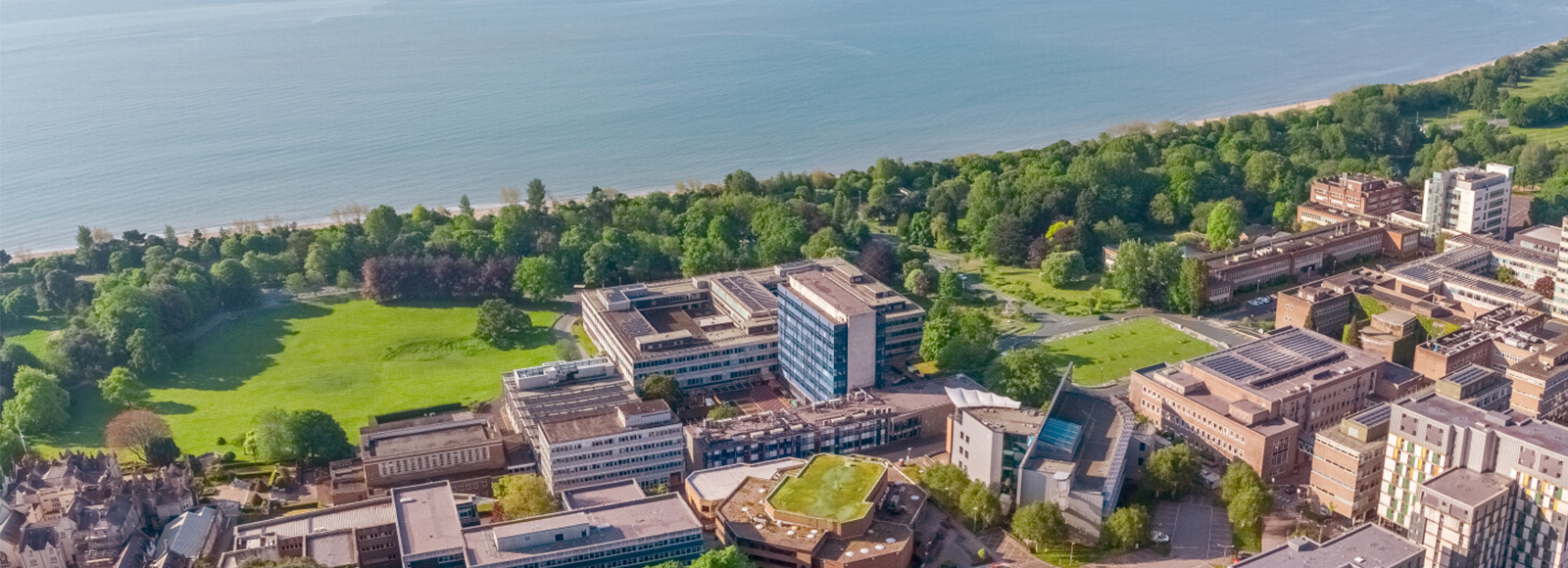- ...
Postgraduate Studentships - Search for funding opportunities.
Start dates: MSc by Research – 1st October, 1st January, 1st April & 1st July.
The MSc by Research in Experimental Physics allows you to undertake a year-long individual programme of personally and professionally enriching research. Your experimental physics research project will be shaped by participation in activities such as seminars, workshops, laboratory activity and fieldwork, as well as your involvement in one of our established research groups.
We have three main research groups.
The Atomic, Molecular and Quantum Physics Group (AMQP) is supported by grants from EPSRC, the EU, The Royal Society, the Higher Education Funding Council for Wales and various industrial and government sources.
The areas of research are:
The Applied Physics and Materials (APM) Group is supported by grants from the European Union, Welsh Government, National Science Foundation, Australian Research Council, Welsh European Funding Office, and EPSRC.
The areas of research include:
The Particle Physics and Cosmology Theory (PPCT) Group is one of the five largest particle physics groups in the UK. It is supported mainly by STFC, but also has grants from EPSRC, the EU, the Royal Society and the Leverhulme Trust.
The areas of research include:
Applicants for MSc by Research must normally hold an undergraduate degree at 2.1 level (or Non-UK equivalent as defined by Swansea University).
For fees and funding options, please visit website to find out more.
We offer a wide range of scholarships and bursaries for both taught and research courses to help you fund your study.

Discover a range of postgraduate research funding opportunities at Swansea University Now more than ever, we recognise the importance of offering a ...